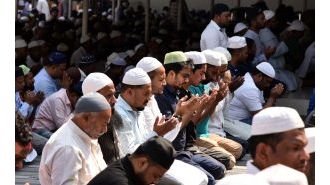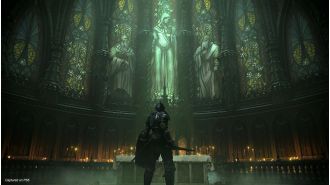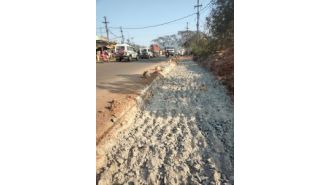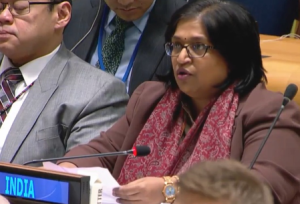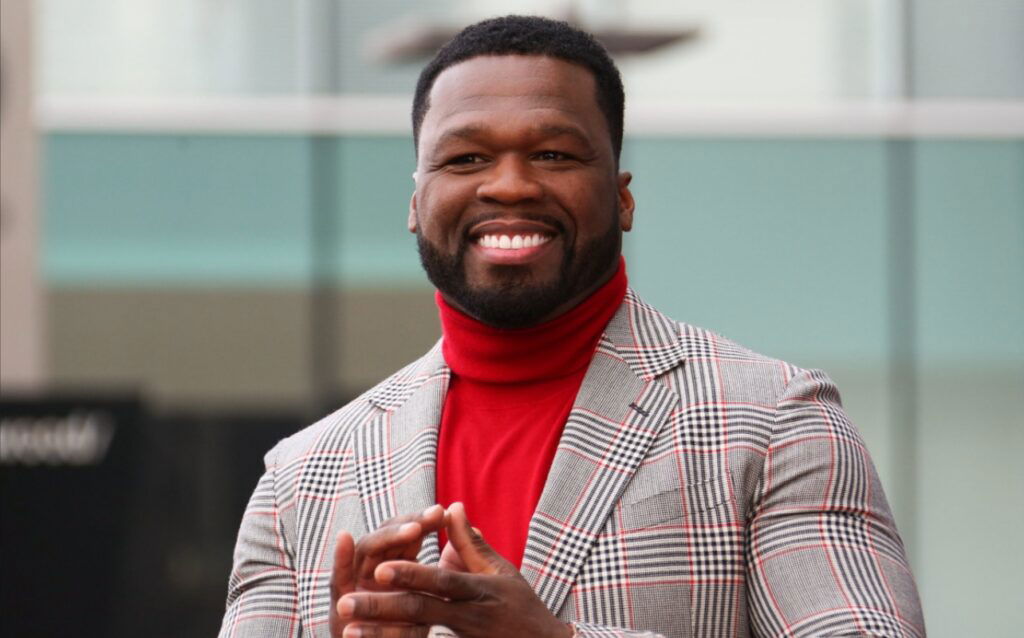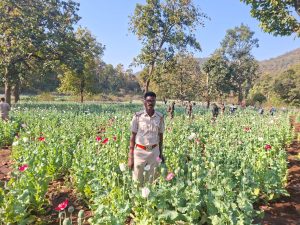Puerto Rico is having a historic general election.
Voters will be asked for the seventh time about Puerto Rico's political status.

As Puerto Rico prepares for its upcoming elections, there is a sense of anticipation and excitement in the air. DÁNICA COTO, a reporter for the Associated Press, highlights the historic nature of this election, regardless of which candidate emerges victorious. The top two contenders for the gubernatorial seat are Jenniffer González of the New Progressive Party and Juan Dalmau of the Independence Party and Citizen Victory Movement. However, trailing behind in the polls are Jesús Manuel Ortiz of the Popular Democratic Party and Javier Jiménez of Project Dignity, a relatively new conservative party.
For decades, the New Progressive Party and the Popular Democratic Party have dominated Puerto Rican politics, receiving the majority of votes in each election. But in recent years, there has been a shift as newer parties gain momentum, drawing in more voters amidst economic and political turmoil. This change has been noted by political analyst and university professor, Jorge Schmidt Nieto, who acknowledges the significance of this shift.
As Election Day approaches, there is a buzz of activity in San Juan, Puerto Rico's capital. Billboards promoting the different candidates can be seen towering over the highways, with the most prominent being the billboard of Juan Dalmau. However, the results of the election may not be known immediately, as analysts predict a delay in the release of results. During the 2020 elections, it took four days for preliminary results to be announced, and with more than 220,000 early and absentee votes to be counted, officials warn that it may take a couple of days before the final results are known.
The slow counting process has been attributed to the delayed start of the counting of early and absentee votes, which began more than two weeks later than usual. Jessika Padilla, alternate president of the State Elections Commission, has assured the public that the process is being taken seriously, with 40% of the votes already counted as of Monday. In addition to the early and absentee votes, over 5,000 inmates out of the total 7,400 in Puerto Rico have also cast their votes, although it is unclear how many of those votes have been counted.
Amidst the chaos and anticipation, there are also concerns about electoral crimes being committed. Allegations of fraud and irregularities in the voting process have been reported, with some people claiming to have received confirmations for early voting even though they did not request it. The State Elections Commission and other officials are working to address these issues and ensure a fair and transparent election.
In the midst of all this, there is another question being posed to the voters – Puerto Rico's political status. This nonbinding referendum offers three options: statehood, independence, and independence with free association. However, regardless of the outcome, any change in status would require approval from the U.S. Congress. In addition, Puerto Ricans will also have the opportunity to participate in a symbolic vote for the U.S. President, a right that they are denied as U.S. citizens living on the island.
As the people of Puerto Rico prepare to cast their votes on Tuesday, there is uncertainty about how many people will actually turn out to vote. Voter apathy has been a prevalent issue in recent elections, and it remains to be seen if this trend will continue. Amidst the challenges and obstacles, the citizens of Puerto Rico are determined to make their voices heard and participate in shaping the future of their island.


